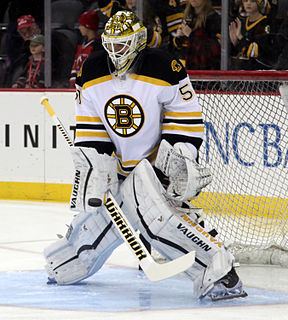A Quote by David Levering Lewis
I have always been averse to theorizing about the art or craft of biography. Like Disraeli's biographer, Lord Blake, who offers the cautionary analogy of the biographical centipede unsure of her next step because of too much cerebration, I have made it my practice to let the facts find the theory.
Related Quotes
No theory ever agrees with all the facts in its domain, yet it is not always the theory that is to blame. Facts are constituted by older ideologies, and a clash between facts and theories may be proof of progress. It is also a first step in our attempt to find the principles implicit in familiar observational notions.
... one of the main functions of an analogy or model is to suggest extensions of the theory by considering extensions of the analogy, since more is known about the analogy than is known about the subject matter of the theory itself ... A collection of observable concepts in a purely formal hypothesis suggesting no analogy with anything would consequently not suggest either any directions for its own development.
Art is craft: all art is always and essentially a work of craft: but in the true work of art, before the craft and after it, is some essential durable core of being, which is what the craft works on, and shows, and sets free. The statue in the stone. How does the artist find that, see it, before it's visible? That is a real question.
Just because you've had one or two of those games, you can't really go back to the next practice and change everything. That's the most important thing in those situations that you don't think too much, you don't try to change too much because then you're going to be in deep trouble, that's what I think. It's all about keep working on what's been successful for you and keep believing what you're doing is the right thing.
The difficulty will be to keep her from learning too fast and too much. She is always sitting with her little nose burrowing into books. She doesn't read them, Miss Minchin; she gobbles them up as if she were a little wolf instead of a little girl. She is always starving for new books to gobble, and she wants grown-up books--great, big, fat ones--French and German as well as English--history and biography and poets, and all sorts of things. Drag her away from her books when she reads too much.
I think the right way to do this is just to step up and do it, so I actually think we'll see more of that over the next coming weeks, because I think they'll say, "We'd like to be good for business and quiet on politics, but this is too urgent, it is too much of a key crisis in who we are going to become as Americans. We can risk too much, and so we have to step forward." And I think you will see more and more people stepping forward, like Howard Schultz, Steve Case and other folks, in order to try to make a difference in this [Donald Trump] election.








































